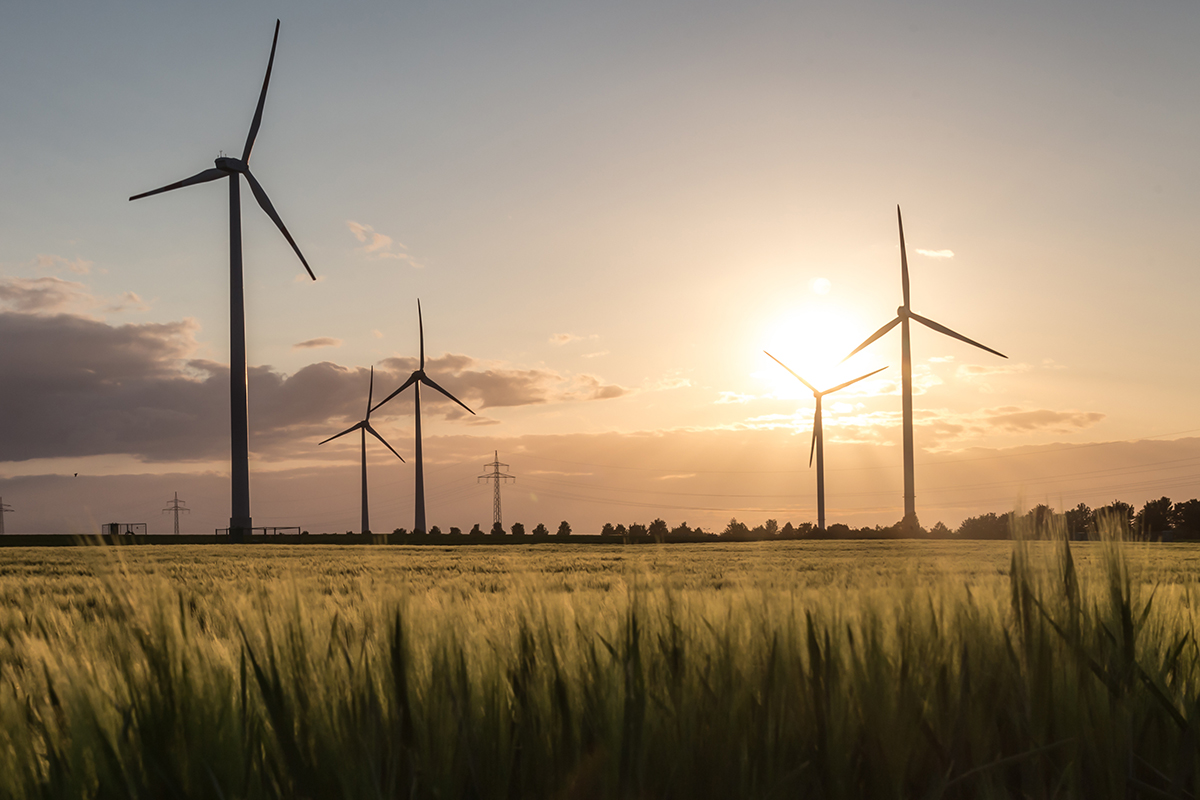The new Government will face its first legislative requirement to prepare a NZ Emissions Budget (the second one for NZ) in 2024, covering the 2026-2030 period.
The NZ Climate Commission just released its ‘advice’ on the matter. The Government isn’t required to follow the advice, but it will be required to explain why it has not if that becomes the case. For their part, ACT and NZ First would scrap the Commission entirely.
For the second emissions budget, due by December 2024, the total quantity of emissions reductions needed is estimated by the Commission at 43.5 MtCO2e (million tonnes of CO2 equivalent emissions).
In their plan, the largest share (around 40%) would come from energy and industry, totalling 17.4 MtCO2e, with the transport, agriculture, and forestry sectors each expected to deliver reductions of 7-8 MtCO2e, and the remaining 3.3 MtCO2e from waste and F-gases.
Under the latest government projections, published in Dec 2022, meeting the second emissions budget would require 20.7 MtCO2e of emissions reductions in addition to the policies and measures already in place. But of course some of those policies are already being rolled back, like the EV car subsidy.
The Commission stipulates that gross emissions should not exceed 362 MtCO2e for the second emissions budget nor 322 MtCO2e for the third emissions budget.
The Commission says the fastest and most substantial emissions reductions are possible in electricity and heat production, through new renewable generation and moving away from coal and fossil gas heating. The main opportunities across other sectors include increasing electric vehicle uptake, shifting to low carbon transport, ongoing improvements in farming practices, and reducing organic waste disposal to landfills.
While forests will continue to play a critical role in achieving emissions budgets, the Commission notes that planting exotic forests during a given emissions budget period will not help to reduce net emissions in that same period. This is because when grassland is converted to forest, carbon dioxide is released into the atmosphere, and exotic trees generally do not “pay back” these carbon losses until four years after their planting.
The Commission’s recommendations are summarised in 27 points, including these:
- Build more renewable electricity, such as solar, wind, and geothermal, and ensure networks keep up with growing and variable demand
- Support moves to swap fossil fuels for renewable energy in heating and industry
- Retrofit buildings so they are healthier, more resilient, lower emissions and cheaper to run
- Avoid installing new fossil gas in buildings where there are affordable low emissions alternatives
- Encourage households and businesses to switch to electric vehicles – accelerate the uptake of zero emissions commercial vehicles, including vans, utes, trucks, and offroad vehicles
- Make it easier for more people to choose public or active transport
- Prepare for the rapid roll-out of low emissions technologies and practices on farms
- Incentivise gross biogenic methane emissions reductions in a manner consistent with achieving the 2030 biogenic methane component of the 2050 target and putting the country on a trajectory to achieve the 2050 target in full
- Directly resource iwi/Māori efforts to reduce climate pollution
- Sort out the New Zealand Emissions Trading Scheme and the role of forests – amending the NZ ETS to separate the incentives for gross emissions reductions from those applying to forests
- Strengthen product stewardship and expand coverage across products and packaging to help avoid emissions associated with waste
- Rapidly upscale vehicle charging infrastructure, including removing existing barriers
- Ensure the use of landfill gas capture systems and technologies is widespread and efficient
- Commit to how much climate pollution must be cut at its source
- Manage the impacts of climate policy on people, businesses and communities using existing policy options while a broader strategy is developed.
Here’s the Commission’s Executive Summary of its report.
Having issued its guidance, the Climate Commission will now focus on monitoring NZ’s progress across the existing Emissions Budget adopted by the Labour Government.


Thanks Tom for keeping us informed on this, the most important, of issues. IMO protecting our planet and lightening our human footprint should be the start point for all future long-term planning. Alas, this doesn’t feel remotely the case at present.